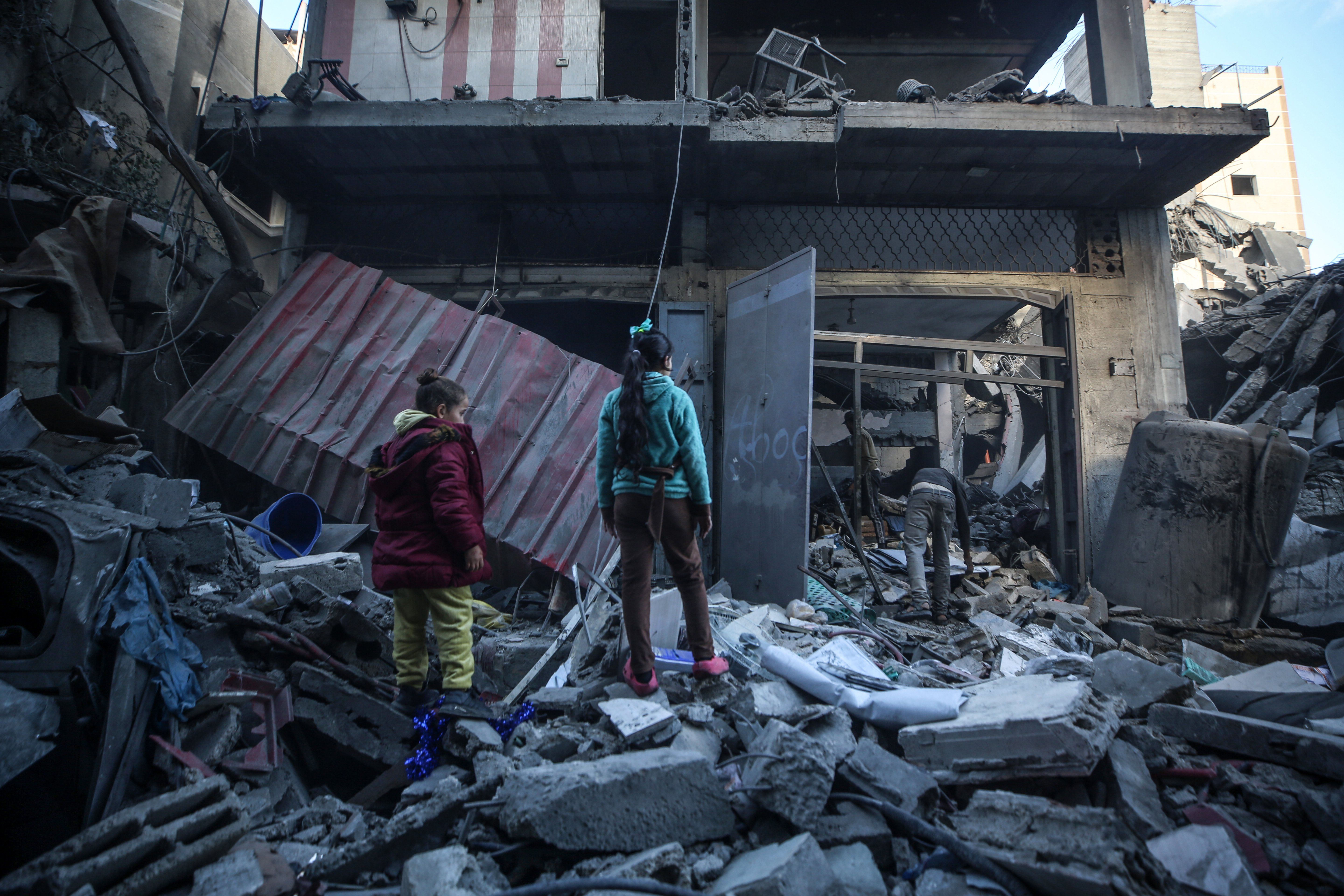Israel and Hamas reportedly will soon agree on terms of a ceasefire to end the 14-month war in Gaza, according to a “senior Palestinian official”
quoted in the BBC on Tuesday
. The official said negotiations have reached a "decisive and final phase.” Israeli officials have made similar comments to reporters.
This time, the hopes appear well-founded. Hamas, and its ally Hezbollah in Lebanon, have taken a beating. A number of leaders in both organizations have been killed, and with the fall of Bashar al-Assad’s government in Syria, Iran has lost the ability to resupply them with new weapons.
Haggling continues over the deal’s details, but it appears a ceasefire would unfold in stages. First, Hamas would release dozens of the Israeli civilians and female soldiers it still holds hostage, and Israel would remove troops from Gaza’s cities, its coastal highway, and the corridor at Gaza’s border with Egypt. In a second phase, Hamas would release its remaining hostages, and more Israeli troops would be withdrawn from Gaza. Finally, the details of a longer term ceasefire itself would then be set.
More than 100 Israeli hostages have already been freed, either through Israeli-Hamas bargaining or Israeli rescue operations. In total, Israeli officials believe another 62 hostages are still alive and that Hamas or associated groups hold at least 30 more bodies of hostages who died. The
United Nations reports that more than 44,000 Palestinians have been killed since the Hamas attack on Israel that triggered the war.
